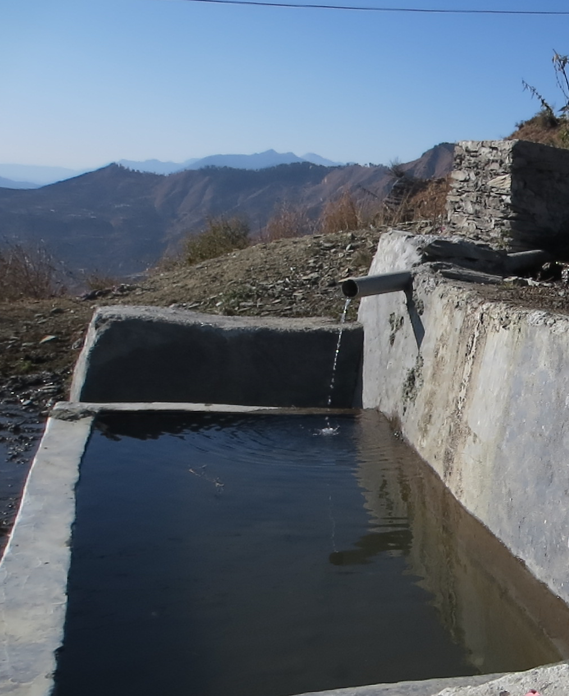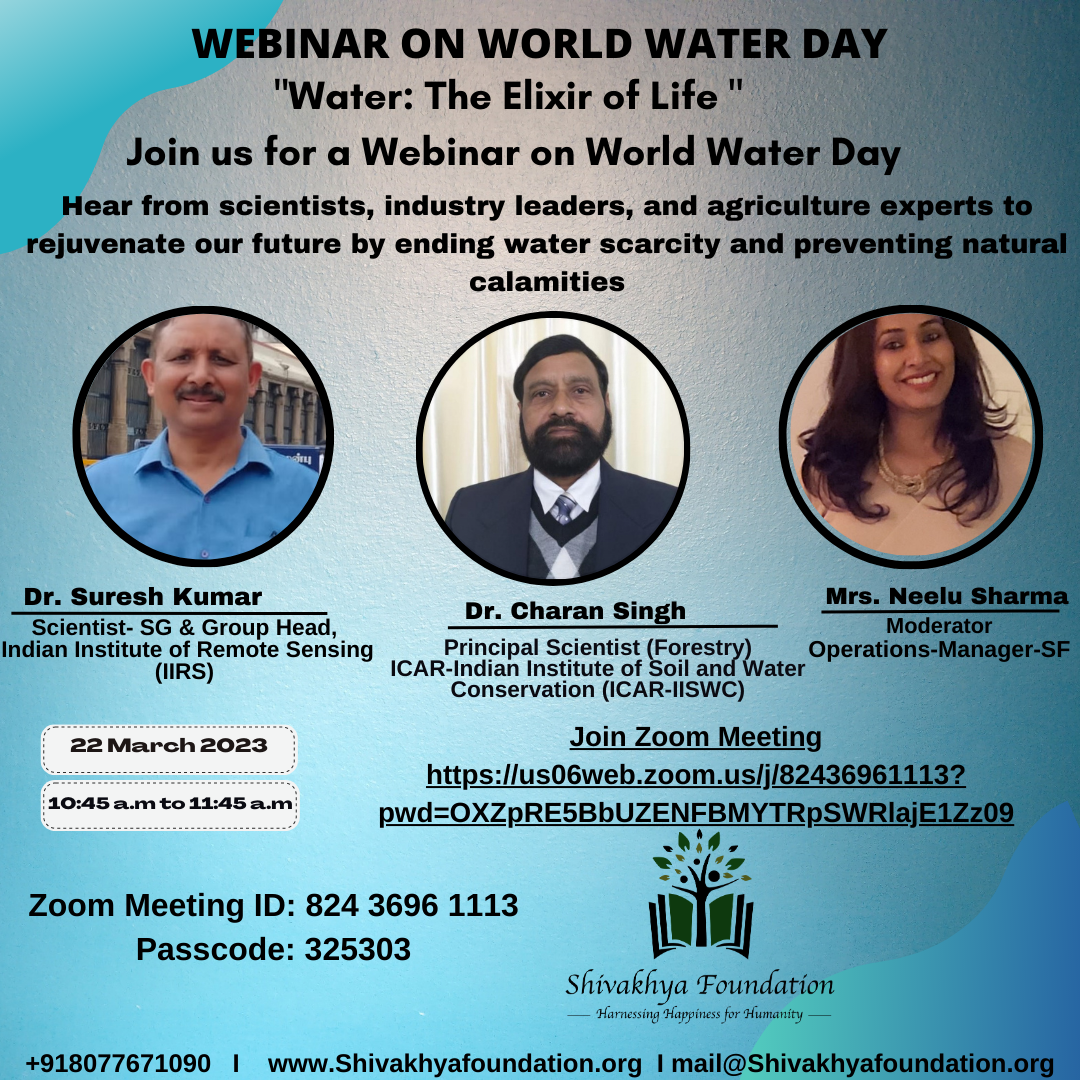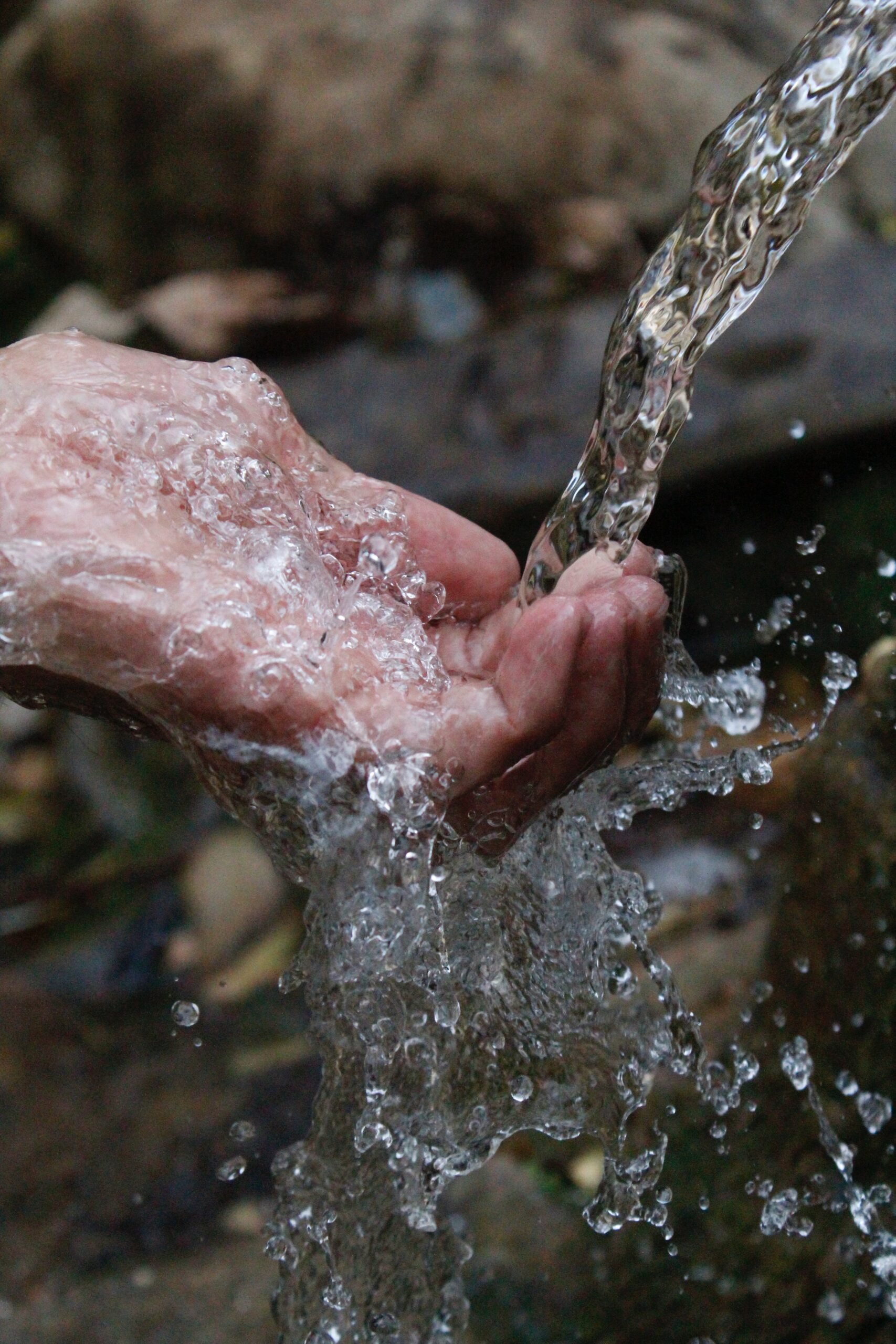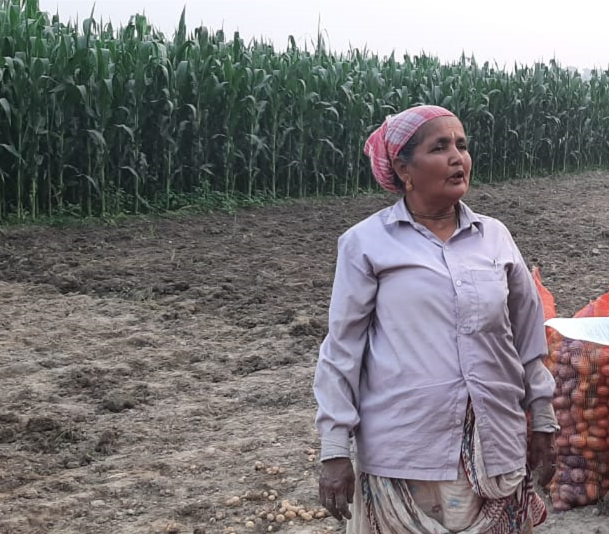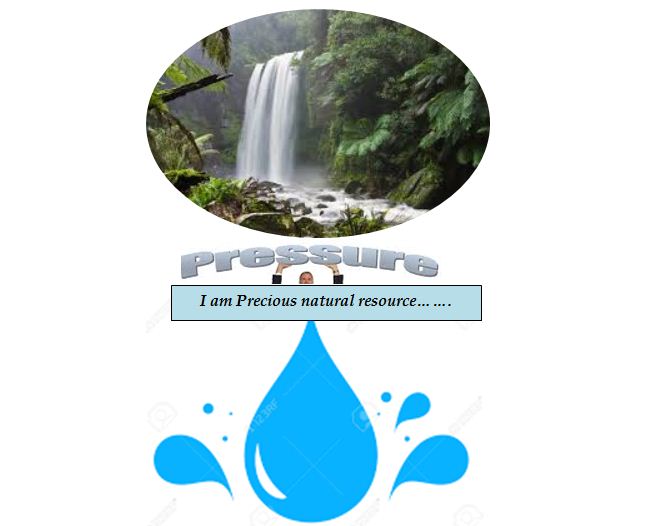How to select interventions in Watershed Programme
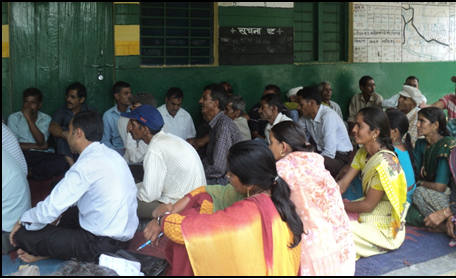
Selection of Interventions in Watershed Programme
Participatory Rural Appraisal(PRA) and Village Survey are done so as to collect data and information about the village in Watershed . It is one of the important step . Along with this, there one more step that is as important as Collection of data or may be more important than data collection. That is its Analysis .Until and Unless data is correctly analyzed , there is little use of data being collected .That’s why handling of Watershed Project is infact a smart challenge . It needs more of a smart visualizing and analyzing of the Collected data along with keeping an eye on fulfilling the Watershed Objectives .

An important Pre requisite in Analysis of Data
The first and foremost importance is not to collect too much data rather collect relevant data , Relevant data are those data that has relevance to the watershed aspects .The collected data has a meaning, has a value when it can be analyzed .Simply getting happy with voluminous collection of data will not keep the smile for a long .It certainly need an analysis.

Proper analysis of data will serve the purpose of Planning. It do happen especially in hilly watershed ,where the terrains are tough to explore , the surveyor or PRA team give a wise though to collect more and more as it will tough for them to come again and again in the same terrain .but let’s think will it be wise ? No certainly not…… .It can be a wise decision from point of surveyor team thinking to cover more in specific visit. but this wiseness later on become weakness in planning.
Collection of too many data and information makes the analyses become difficult .The data become so cumbersome ,irrelevant and mix up that analysis in most of the time is not up to the mark. All this give a sketchy outcome .Once the outcome of analysis is Sketchy , the interventions though taken up in planning will yield no better result in final impact assessment . So, the first and foremost emphasis should be on :-
“Collection of relevant data that is required and can be analyzed for watershed planning. It need not to be cumbersome and Voluminous”
Problem and Need assessment
Participatory Rural Appraisal (PRA) is a tool that is required for Problem and Need assessment in Watershed Planning. It contains 5 Important Steps:-
-
- Identifying the problem
- Need Assessment
- Prioritization
- Activity selection
- Providing solution

Who should be involved in Participatory Planning??
Surveyor
The team that is going to analyze the data should have at least few members from surveying team who has visited the field during data collection and were part of PRA Exercise. This is add on step. In general , it is seen that analysis team don’t have person who have collected data . why it is important?. It is a general picture that if surveyor has given the data , then what’s the harm in surveyor not becoming part of analysis .The reason is that some time it do happen the interpretation of data become difficult in case, it need some more aspects to be analyzed . The Surveyor has done data collection and has ground truth experience. So , their involvement is to be encouraged.

Watershed development team
Watershed development team is having experts of Watershed aspect like Agriculture , Horticulture , NRM , Livelihood, Forest , Social mobilization etc . They have to technically analysis and interpret the data. It may happen that in PRA , the Villagers have given their many needs but it has to be seen how far it is in coverage of Watershed programme.

It may happen that there is need of a particular interventions but due to technical means it is not becoming possible. For Example-there may need of one water harvesting tank but it may happen that there is no feasible location for having water harvesting through tank then in such cases other means of water collection can be incorporated. But any change in interventions selected in need analysis during PRA should be discussed again with the community so that they can have clear picture of it .They are the primary stakeholders .so, all these has to be discussed with them
Officials of the line deptts
The official concern to watershed project should be involved in discussion and analysis of data. They should look in to the analysis findings and outcome before giving a final shape .Of course final shape should be given only after the primary stake holders gets convinced with the planning.
Post Analysis responsibility
After having analysis , it is important to have a second sitting with the village community including Water & Watershed Management Committee (WWMC) & Village Panchayat(VP) to have discussion on filtered interventions .This will give them a clear picture of watershed interventions.This way Village Community can understand the possible reasons for a change or modifications in previously selected interventions.



